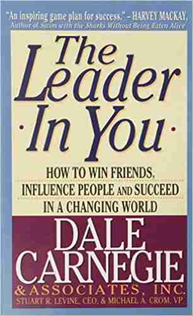Indian tradition says: Don't talk ill of departed people. With that umbrella rule, I like
to speak only the brighter side of Nehru and the posterity needs to know his
contribution in releasing India
from the clutches of British Raj.
Mushirul Hasan, former Vice-Chancellor, Jamia
Millia Islamia, in his scholarly article in a prominent English daily dwelt at
length about the lesser-known facts of Nehru. He says that :
Nehru was a voracious
reader: he read 55 books from May 21, 1922 till January 29, 1923 alone. He
delved into philosophy, and turned the pages of history to illuminate his
understanding of the ideas and movements, which stood apart as the catalyst for
momentous changes. In so doing, he looked through other people’s writings to
understand how simple, ordinary men and women became heroes, and how their
strivings made history stirring and epoch-making. Prison had made a man of him,
he told the Socialist leader, Acharya Narendra Deva (1889-1956), while they
were in jail for the last time in 1942.
Why did he write? Who did
he write for? He had no archives to consult; so he relied on his recollections
and on bits of information that he could conceal. He disliked being called a
writer, and yet, armed with a varied experience of affairs, writing became a
congenial occupation. Sometimes he didn’t write for weeks, now and again he
wrote daily. His letters from jail represented his moods and thoughts at the
time of each event; they were also his escapes from goal.
Nehru has a great love for roses and children. His
famous 'Letters from a Father to His Daughter' teaching about natural history
and the story of civilization to his daughter,
Indira is worth to be read. It speaks a lot about parenting and imbibing
values.
His other two Great Books are :
1. Glimpses of World History :
Written almost entirely in prison in the 1930s.
2. The Discovery of India : The book
is a hymn to the glories of India.
One should not miss to read these two epic books.
If you scan the history of civilization, the stalwarts the world over have writing as one of their core
inclinations. Because it brings out the
innate talents of a person and detoxify by facilitating to share his /her
experiences. Take the case of Mahatma Gandhi whose 'Autobiography - My
Experiments with Truth' has propelled his ideas and it is a timeless classic
for any generation.
A writer would stand alone in the sands of time
much after his life and continues to inspire through his/her books. What one
needs more than this ?












